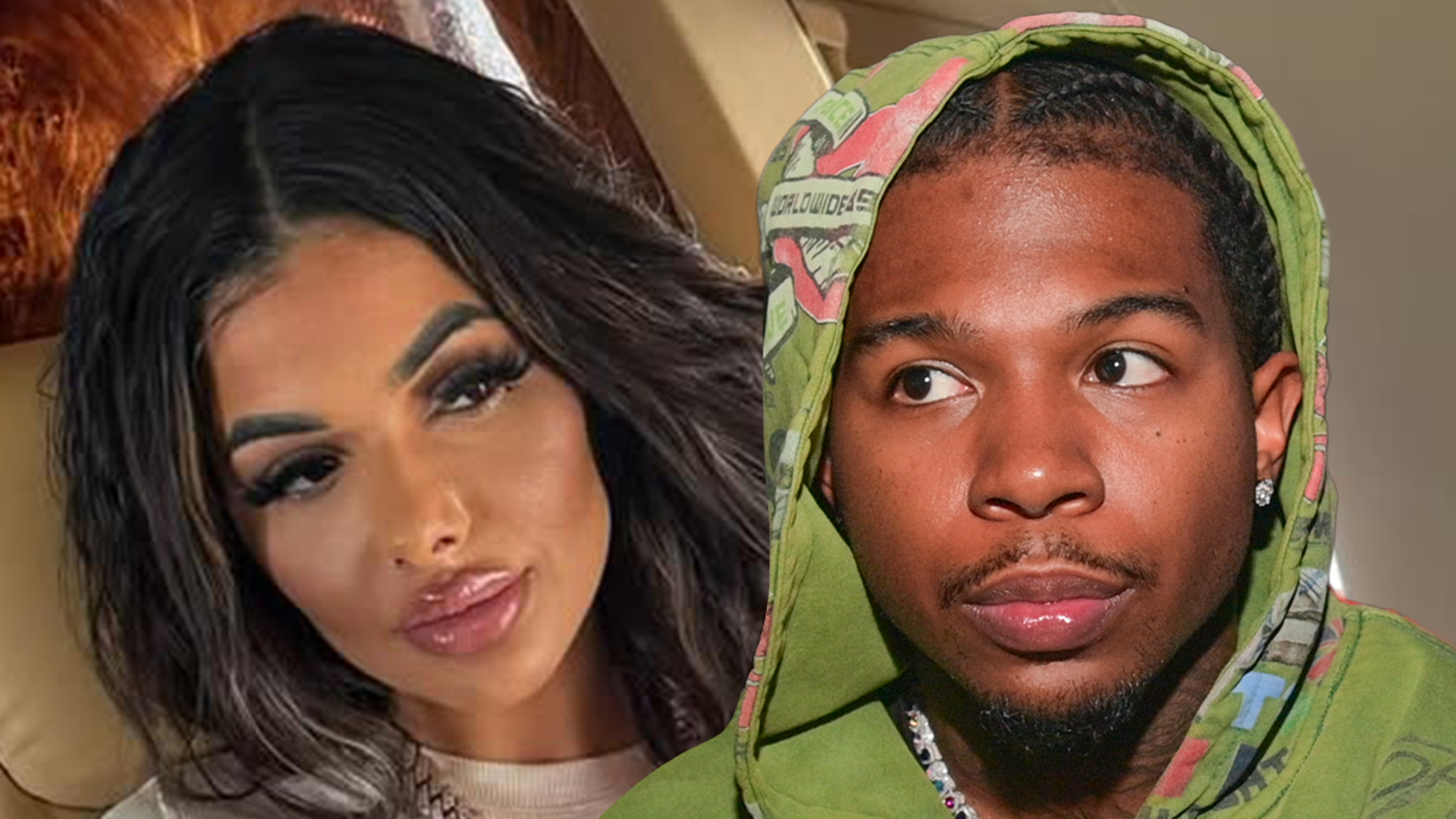Inside Scoop on Heidi Gardner's Shocking SNL Exit

Introduction
Fans of Saturday Night Live were shocked to learn about the sudden departure of cast member Heidi Gardner. However, fellow SNL alum Dana Carvey has recently revealed some inside information about the shocking exit, providing an interesting perspective on the situation.
The Truth Behind the Shakeup
According to Carvey, Gardner's exit from SNL was not as sudden or unexpected as it may have seemed. In fact, he claims that Gardner had been planning to leave the show for quite some time. Carvey also mentioned that the decision was a mutual one between Gardner and the show's producers, and that she will still be involved in future SNL projects.
Carvey also addressed the rumors surrounding Gardner's exit, stating that it was not due to any creative differences or conflicts with other cast members. He emphasized that Gardner is a talented performer and will surely find success in her future endeavors.
The Impact on the Show
While fans may be sad to see Gardner leave SNL, Carvey reassured that the show will continue to thrive without her. He also mentioned that this is not the first time SNL has experienced cast shakeups, and it is simply a natural part of the show's evolution. The departure of a cast member does not necessarily mean the show will suffer, and new talent will have the opportunity to shine.
In
About the Organizations Mentioned
SNL
## Saturday Night Live (SNL): A Comprehensive Overview **What SNL Does** Saturday Night Live (SNL) is an American late-night live sketch comedy and variety show airing on NBC. Each episode features a mix of live comedy sketches, a celebrity guest host (who delivers an opening monologue and participates in sketches), and musical performances. The show is renowned for its topical humor, satirizing politics, pop culture, and current events, and has introduced iconic characters and catchphrases into the American lexicon. A hallmark of SNL is its mock news segment, "Weekend Update," which lampoons recent headlines in real time[1][2]. **History** SNL premiered on October 11, 1975, under the original title *NBC’s Saturday Night*, created by Lorne Michaels and developed with Dick Ebersol. The show was conceived to fill a late-night programming gap left by Johnny Carson’s decision to reduce *The Tonight Show* reruns on Saturdays. The original cast, known as the "Not Ready for Primetime Players," included comedy legends like Chevy Chase, Dan Aykroyd, Gilda Radner, and John Belushi[1][2]. Michaels left the show in 1980, returning in 1985 after a period of creative turbulence under different producers. Since then, Michaels has remained the show’s executive producer, guiding its evolution across decades[1]. **Key Achievements and Cultural Impact** SNL is one of the longest-running programs in U.S. television history and has been a launchpad for numerous comedy stars, including Eddie Murphy, Tina Fey, Will Ferrell, and Kate McKinnon, many of whom have gone on to major film and television careers[1]. The show has received over 90 Emmy Awards and has been credited with shaping American comedy and influencing political discourse. Its live format and New York City roots contribute to its distinct identity, and
NBC
The National Broadcasting Company (NBC) is the oldest major broadcast network in the United States, founded in 1926 by the Radio Corporation of America (RCA), a subsidiary of General Electric (GE) at the time. Originally established as a pioneering radio network, NBC was the first permanent full-service national radio network in the U.S., beginning with a landmark four-hour broadcast that reached 2.5 million homes and subsequently producing the first coast-to-coast radio broadcast with the 1927 Rose Bowl game[1][3][4]. NBC played a key role in the development of broadcast media, transitioning from radio to television. It demonstrated television technology publicly at the 1939 New York World’s Fair and launched its first commercial TV station license in 1941. The network introduced innovations such as the first televised World Series (1947), the first color television program (1953), and iconic shows including *The Tonight Show* (1954) and *Saturday Night Live* (1975). NBC's signature three-chime audio logo, first used in radio, became a trademarked sound symbolic of the network’s identity[1][3][4][6]. Historically, NBC operated two radio networks—NBC Red and NBC Blue—until regulatory actions forced RCA to divest the Blue network, which became the American Broadcasting Company (ABC) in the early 1940s[2]. In the 1980s, NBC struggled in ratings but recovered under strategic leadership to dominate TV ratings with popular sitcoms like *Cheers*, *The Cosby Show*, *Seinfeld*, and *Friends*, and dramas such as *Law & Order* and *ER*[6]. NBC expanded into cable television early, launching CNBC—focused on business news—and MSNBC in partnership with Microsoft, offering round-the-clock news programming to compete with CNN[1]. Today, NBC is part of NBCUniversal, owned by Comcast, continuing to build on its legacy of innovation in broadcast and cable media,















